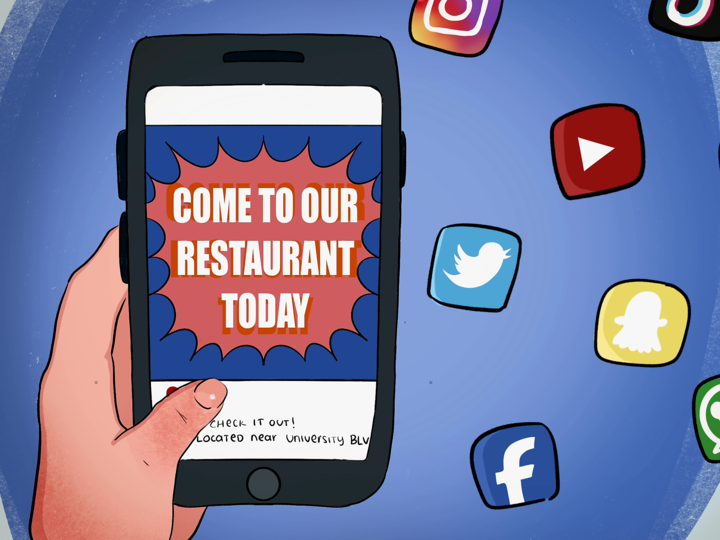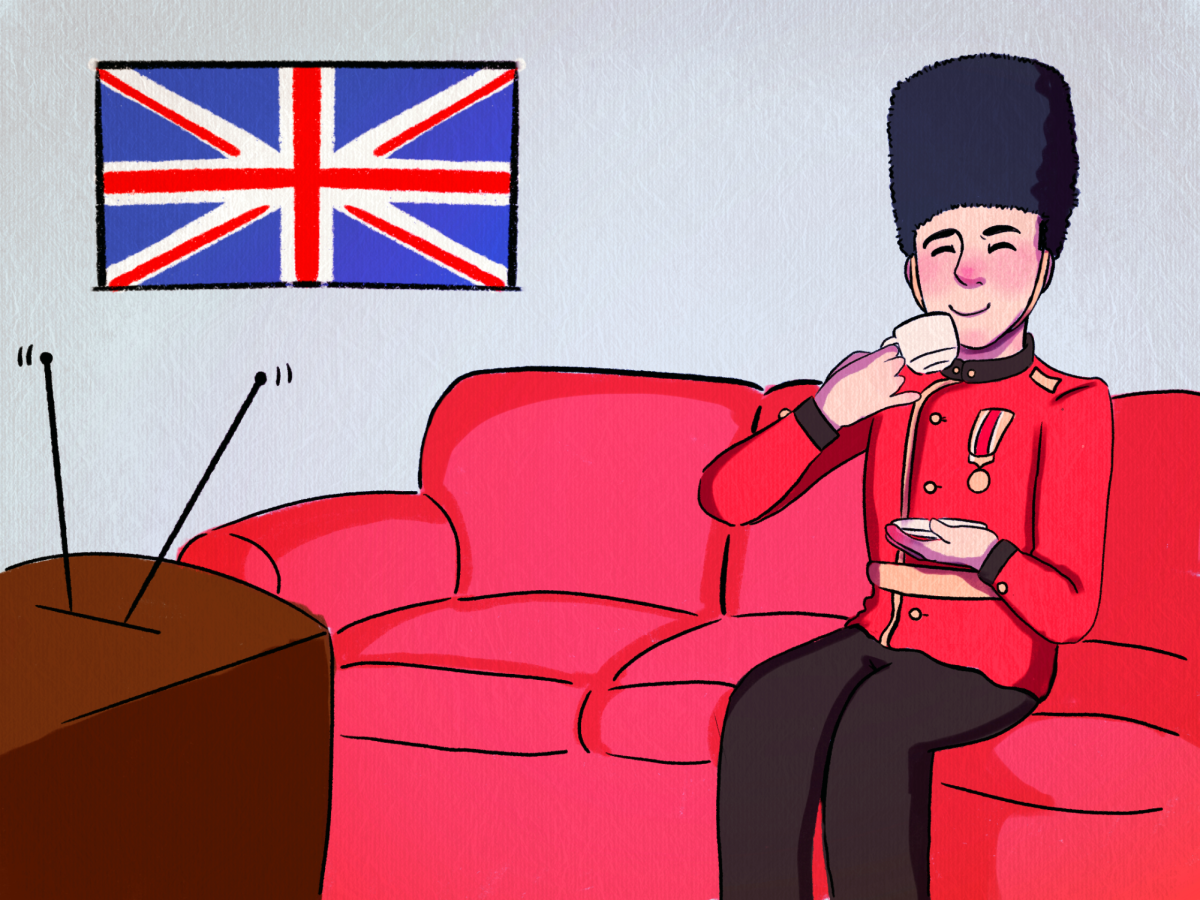So many things that used to be taboo are now, thankfully, coming out of the woodwork. From important topics like homosexuality or menstruation to more minute issues, the world is slowly becoming more open and accepting of many parts of the human condition that used to be kept behind closed doors.
Mental illness, however, and seeking mental guidance seem to still hide behind a facade of stigma and shame.
Oftentimes when the term mental illness is used, people automatically revert into an uncomfortable, passive attitude. Their awkwardness displays only a sliver of the true problem.
Stress is abundant in college. Between tests and thoughts of the looming future, possible family turmoil, relationship abuse or turnover, the list is endless when it comes to possible problems in a college student’s life.
As important as gratitude for our education is, it is foolish to pretend a variety of difficulties do not come with it.
When the stress starts to interfere with schoolwork or sleep, it is time to take action. Though the infamous phrase “time heals all” does have some merit, certain circumstances require more than this passive approach.
Social circles are ever-changing in college and whether you have a core group of friends or belong to several different circles, it is often impossible to relate to each and every one of them in the same way. When discussing issues, sometimes we just need to talk and vent. If our problems are recurring, so too is our need to vent.
After a while, even the best of friends find it difficult to hear the same things repeated over again, particularly when their advice or responses do not change. This is where therapy can help.
Counseling and Psych Services is a program available to all UA students. Located in the Campus Health Center, many students use its services to combat a variety of psychological issues.
Related: These places on campus offer help for mental health.
It is important to note, though, that seeking this sort of guidance does not mean you must receive some sort of psychological diagnosis or serious mental care. It is merely a service offered to those of all stress levels and backgrounds.
I’m not encouraging every student with slight test anxiety to rush to make an appointment, but I do think the stigmas associated with seeking this sort of help prevent several people who would benefit greatly from going from doing so.
Part of these stigmas stem from the idea that people need to share everything they do with everyone else.
A private or personal life does not exist in college, considering it’s far too easy to run into classmates and peers wherever you go. Conversations revolve around ourselves and our routines, as opposed to broader, more thought-provoking ideas.
It is important to have a personal life and to be able to keep some things to yourself, as contradictory as it may seem when discussing therapy.
Going to therapy does not mean having to tell others you go to therapy. It is a personal choice and allowing others’ thoughts or opinions to dictate that choice is senseless.
Follow Stephanie Shaw on Twitter.








